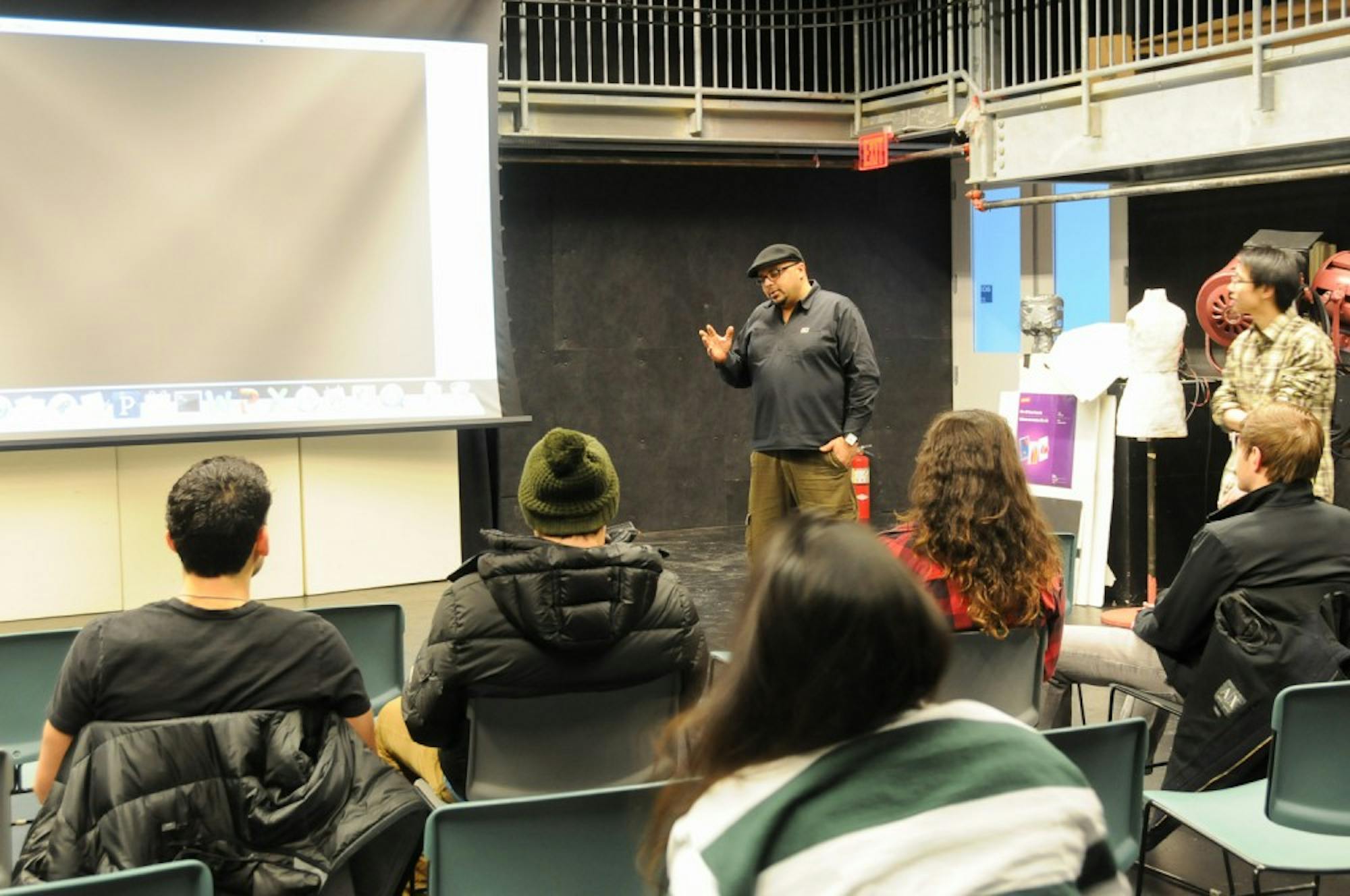Woody Richman ’92 is a film editor who specializes in documentary film. He has worked with director Michael Moore as an editor for “Capitalism: A Love Story” (2009), “Fahrenheit 9/11” (2004) and “Bowling for Columbine” (2002). He recently edited the Academy Award-nominated documentary, “How to Survive a Plague” (2012), a film about two activist groups that worked to spread awareness about AIDS in the early years of the epidemic.
When did you first become interested in film?
WR: I always loved going to the movies and watching movies. It was an escape into a fantasy world. My family definitely encouraged activities in the arts, but it was never something that anyone really thought about for a career. Freshmen fall, my advisor said, ‘You’re going to take three classes, two of which are pretty difficult — why don’t you take something less academic?’ I took From Script to Screen, which was an introduction to filmmaking. I learned about the people behind the film, and in a larger way, the arts. I wanted to explore more. When I was a sophomore, I petitioned to get into a creative video class, and I got in even though I was an underclassmen. Dartmouth was where I realized that I could work in film.
How did you get into editing and working with documentaries?
WR: The first decade of my career, I worked on only narrative film. I was an assistant editor in cutting rooms for [directors] Nick Gomez, Spike Lee and Oliver Stone. Between jobs or at night, I’d edit low-budget narrative features. If you look at my IMDb page, you’ll see some really bad ones. The first film I edited was “Destination Unknown” (1997), which won the Hamptons Film Festival that year. It was a real indie film. At the time, documentaries were on the rise, and sort of became the new indie film. Every aspiring, young filmmaker wanted to make one. There were more of these editing jobs, but I wasn’t getting them. I looked online and Moore was advertising an editing position for his gun documentary, “Bowling for Columbine.” About 2,000 people applied, and all that experience I had in narrative features, full-length projects that involved taking the films from beginning to end, was really attractive to both Moore and his lead editor, Kurt Engfehr. Engfehr had come out of television, so he knew short form and was looking for someone who knew long form. I got the job. Then things started building.
Can you talk about your most recent project, “How to Survive a Plague”?
WR: [Director] David France really loved “Trouble the Water” (2008), especially the way that I handled found footage as well as how I portrayed Kim, Scott and Brian as atypical heroes. This translated to “How to Survive a Plague,” because the organizers for ACT UP were often bombastic, and people did not see them as heroes necessarily. They were openly gay at a time when people did not accept homosexuality.
What is an interesting aspect of editing that most people don’t know about?
WR: Most people think of editors as just cutting the bad parts rather than acting as the emotional guide through the story.
What advice would you give to student interested in careers in the arts?
WR: Your parents will probably tell you to get a real job. You’ve got to realize that you’re an adult, and you don’t have to listen to your parents. If you have a real passion to do something, you’ve got to go for it. You’ll do some menial labor to get your foot in the door – the fact that I’d learned how to make cappuccinos at the Ben and Jerry’s in Hanover was a very valuable experience for my first film job. The advice I would give is that your friends who take a traditional route will have more stuff and go on fancier vacations, but you have to be okay with that. It’s about following your passion.
This interview has been edited and condensed.




